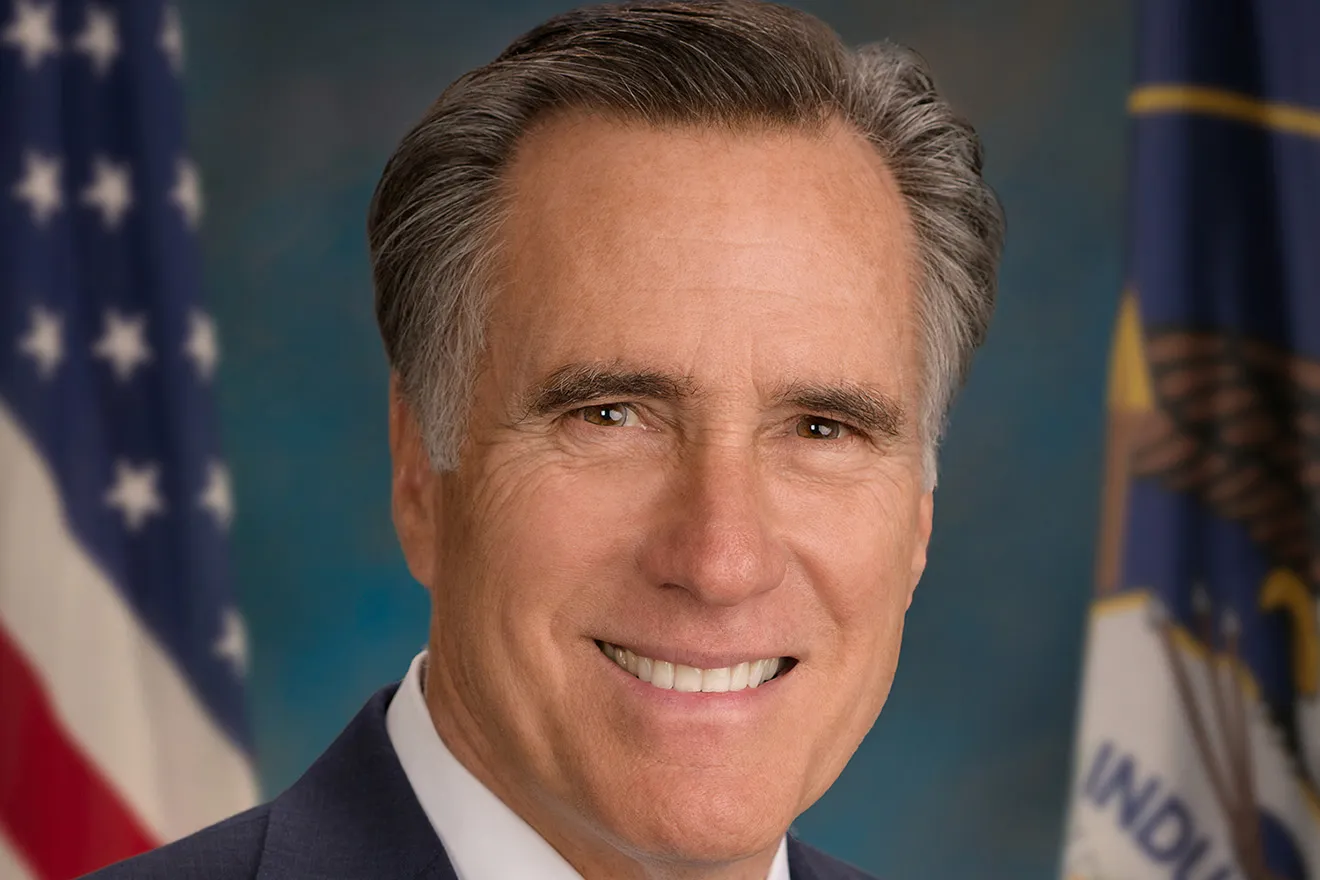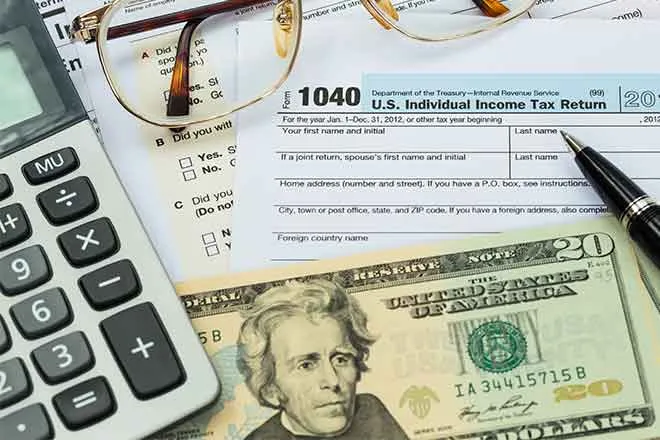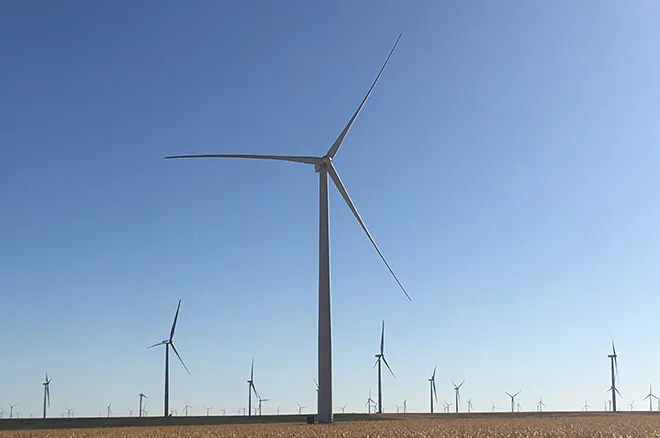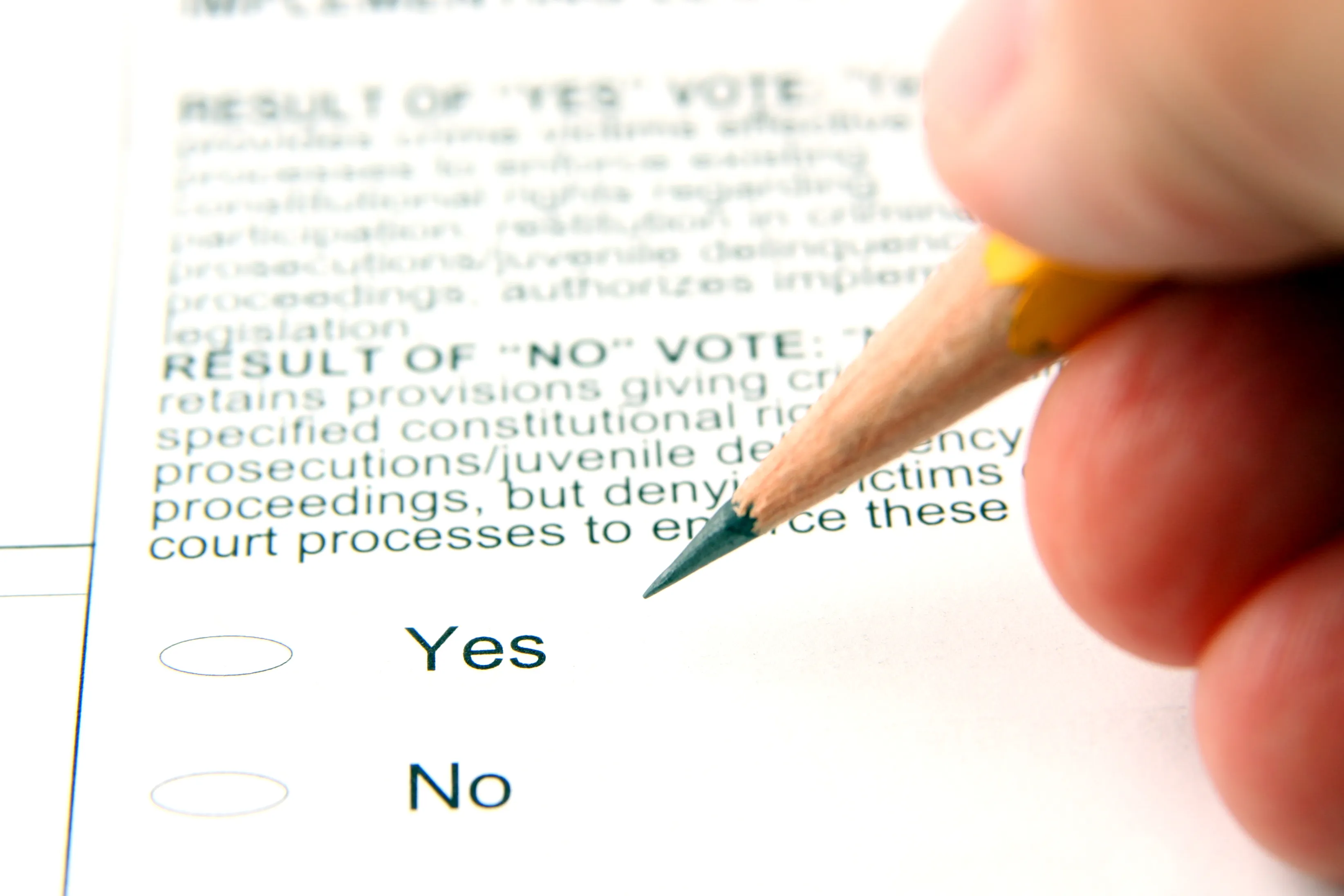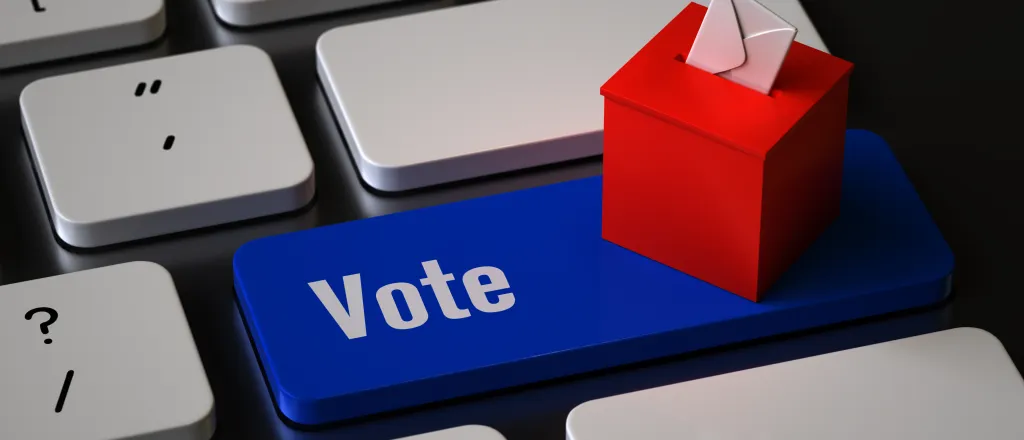
Florida faces lawsuits over sweeping new elections law
(Florida News Connection) The moment Florida Governor Ron DeSantis signed a sweeping elections bill into law last week, several voter-advocacy groups filed lawsuits against it.
Senate Bill 7050 creates a broad set of restrictions for third-party voter registration groups. It cuts the amount of time they have to submit voters' applications, and adds new and higher fines for late submissions.
Estee Konor - associate director of litigation with Demos, a 'think tank' that focuses on racial justice - said her group's lawsuit targets a new provision that bans any non-citizen from getting involved in voter-registration work.
Konor said it directly impacts groups she represents, such as Hispanic Federation and Poder Latinx, that have a long history of helping people register to vote.
"And really what this law does is," said Konor, "it is an attack on the ability of Floridians - regardless of their immigration status - to participate in the democratic process of civic engagement."
The bill's sponsor, state Rep. Lawrence McClure - R-Dover - said the bill is meant to hold voter-registration groups to high standards and protect voters' personal information.
Groups like the League of Women Voters and other plaintiffs are also suing, claiming the law is unconstitutional and violates the First and 14th amendments.
Konor said all Floridians, including non-citizens, have the right to participate in the work of building a better democracy. She claimed the law is a brazen attempt to shut down voter registration work in those communities.
"If an organization violates this law in any way, even if they do so by mistake, they will be fined $50,000 per person that has violated the law," said Konor, "and there is no limit."
The new law also requires those organizations to provide voter registration applicants with a receipt detailing the voter's personal information.
According a study by University of Florida Political Science Professor Daniel Smith, Florida voters of color are five times more likely than white voters in the state to register to vote through third-party civic engagement groups.




